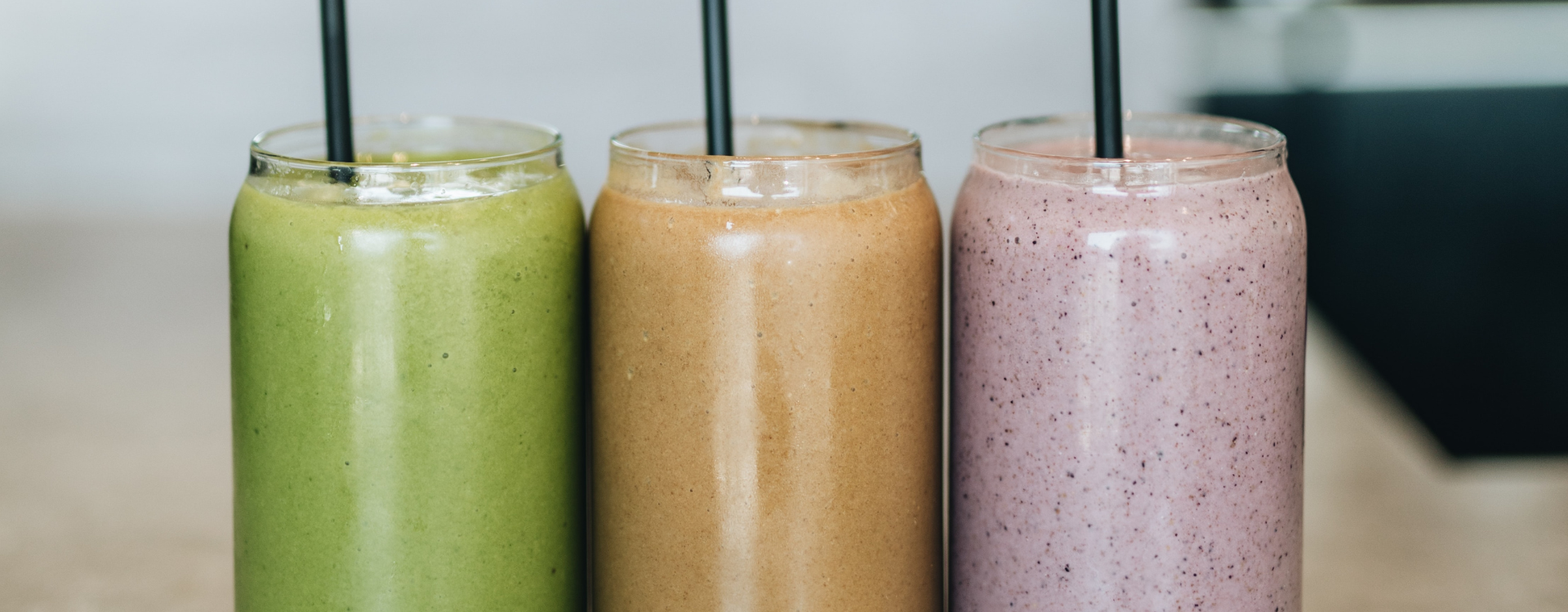If you are worried about not being able to produce enough milk, you are not alone. Milk supply is one of the most common breastfeeding concerns for moms around the world.
The truth is very few moms physically cannot make enough milk, so chances are there is nothing for you to worry about. Feeding in response to baby’s hunger cues is the best way to avoid issues with your milk supply.
It is important, especially in the early days, to understand that baby is the best teacher and will help your body learn how much milk to make. It’s also important to remember that baby can’t tell time. If you take your cues from your baby rather than watching the clock, you won’t need to worry about your supply. Pumping can help (and for many moms who go back to work or school shortly after baby is born, it’s a necessity) but it’s not a true substitute for breastfeeding, so feed baby on demand at your breast as often as possible. Finally, while relatives may offer to feed baby at night to help out, it is important that baby is at the breast as much as possible because that’s really how your body learns how much milk to make.
Here are some factors to watch for to make sure baby is getting enough breast milk:
-
Babies lose weight when they are born, but should quickly regain it.
A 5-7 percent weight loss during the first 3-4 days after birth is normal. Baby should regain birth weight by 10-14 days. If your baby is not gaining weight, it’s important to get in touch with your baby’s healthcare provider and a lactation consultant so the underlying issues can be addressed.
-
You can also gauge your milk supply from baby’s diaper changes.
Baby will generally have six or more wet diapers each day once they’re four days old. Urine should be light and mild smelling.
-
Expect 3-4 (or more!) poopy diapers each day by day four.
Baby’s stools should be yellow and mustardy with no meconium (baby’s earliest stool, which is usually very dark green and sticky like tar) by day five. The baby’s stool could be seedy and a little chunky or like cottage cheese curds.
-
After a feeding, your breasts will feel softer and the baby should seem full and calm.
When baby is alert and more active each day, these are also great signs of a good milk supply.
It is normal to worry and to question your body in the early days. Don’t be afraid to ask questions or check in with a breastfeeding educator if you are still worried or need confirmation all is going okay. Ask our expert to get breastfeeding advice.
All content found on the Lansinoh.com website, including: text, images, audio, or other formats were created for informational purposes only. The content is not intended to be a substitute for professional medical advice, diagnosis, or treatment. Always seek the advice of your physician or other qualified health provider with any questions you may have regarding a medical condition. Never disregard professional medical advice or delay in seeking it because of something you have read on this website.



